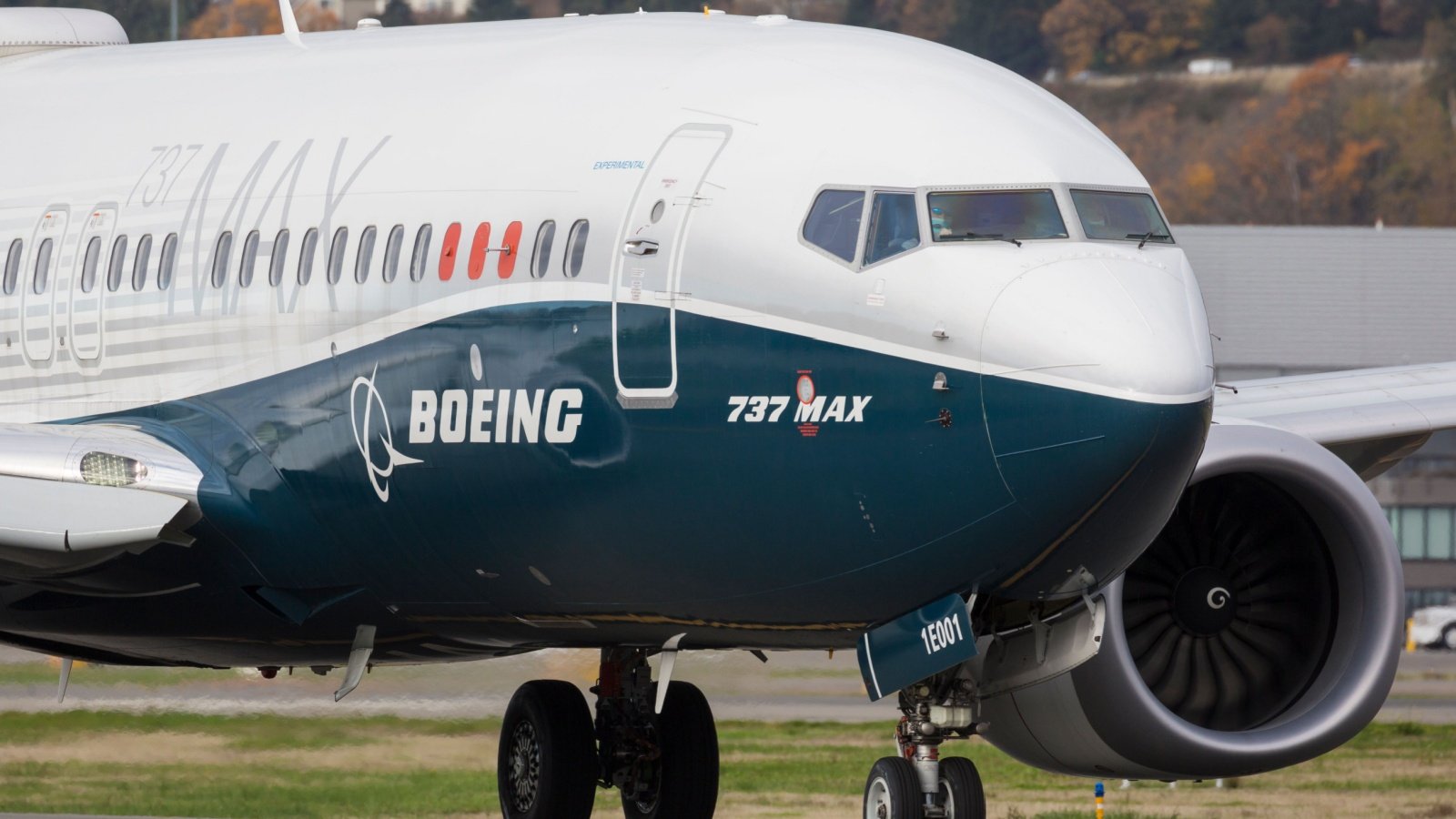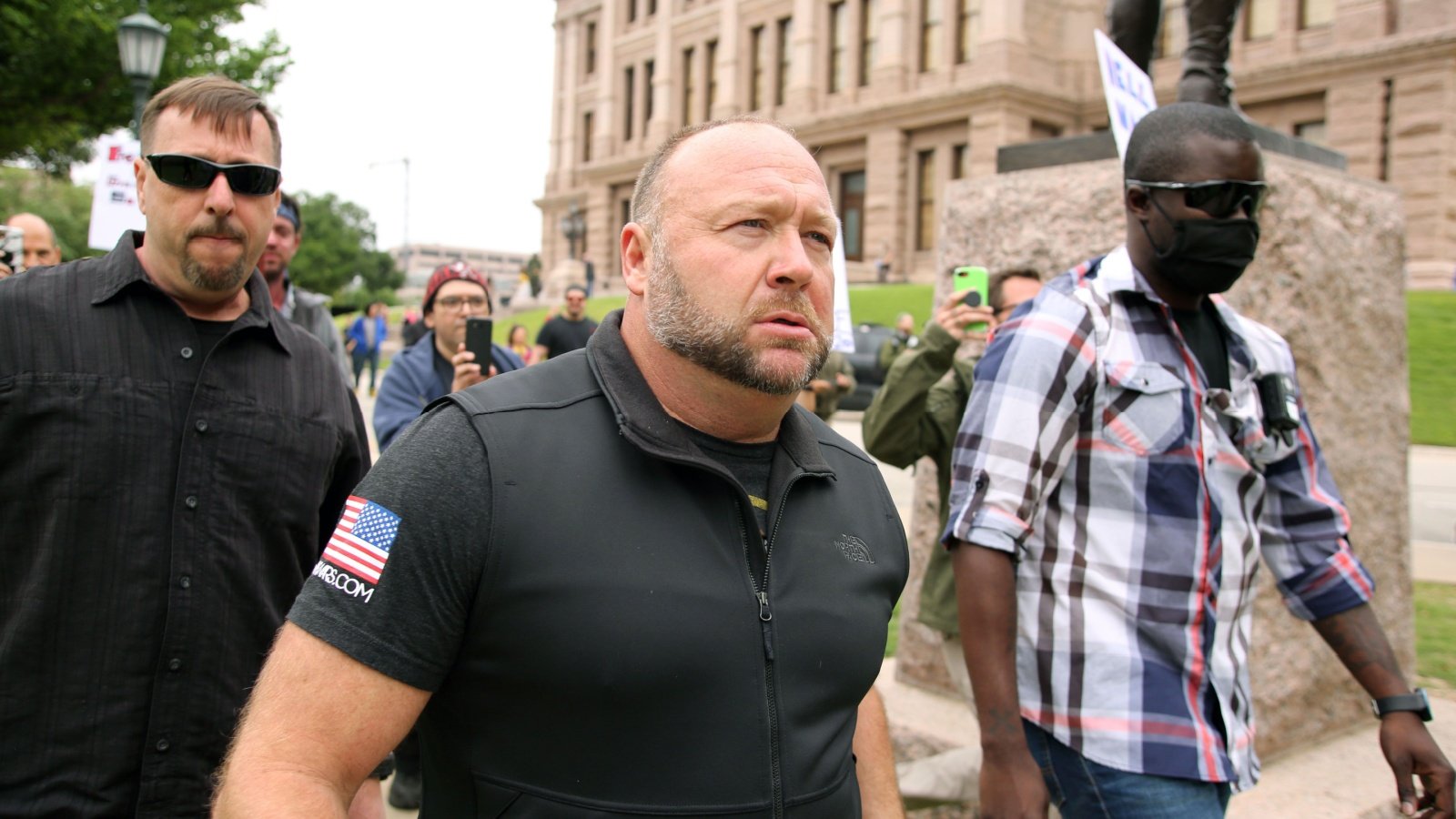Troubled aerospace company Boeing’s CEO David Calhoun testified before the Senate this week. Calhoun apologized to hundreds of families whose relatives died in Boeing 737 MAX jet crashes and was then interrogated by outraged Senators who accused the company of prioritizing profits over safety, resulting in hundreds of deaths.
Apology to Bereaved Relatives

Calhoun addressed the bereaved relatives present at the hearing, saying, “I apologize for the grief that we have caused. And I want you to know we are totally committed in their memory to work and focus on safety for as long as we are employed by Boeing.”
Senate Interrogation

The Senators then took turns questioning and grilling Calhoun about new accounts that Boeing had purposely hidden problems from federal regulators investigating the company due to the recent tragic crashes.
Calhoun’s Tenure and Promises

Calhoun was named CEO in 2020 after two crashes of Boeing aircraft were linked to faulty flight control software. These two crashes killed 346 individuals in Ethiopia and Indonesia. When he first assumed the role of CEO, Calhoun appeared before the Senate Homeland Security Committee’s Permanent Subcommittee on Investigations and promised to improve the company’s safety protocol and precautions. This point was brought by Committee Chair Sen. Richard Blumenthal from Connecticut.
Senator Blumenthal’s Critique
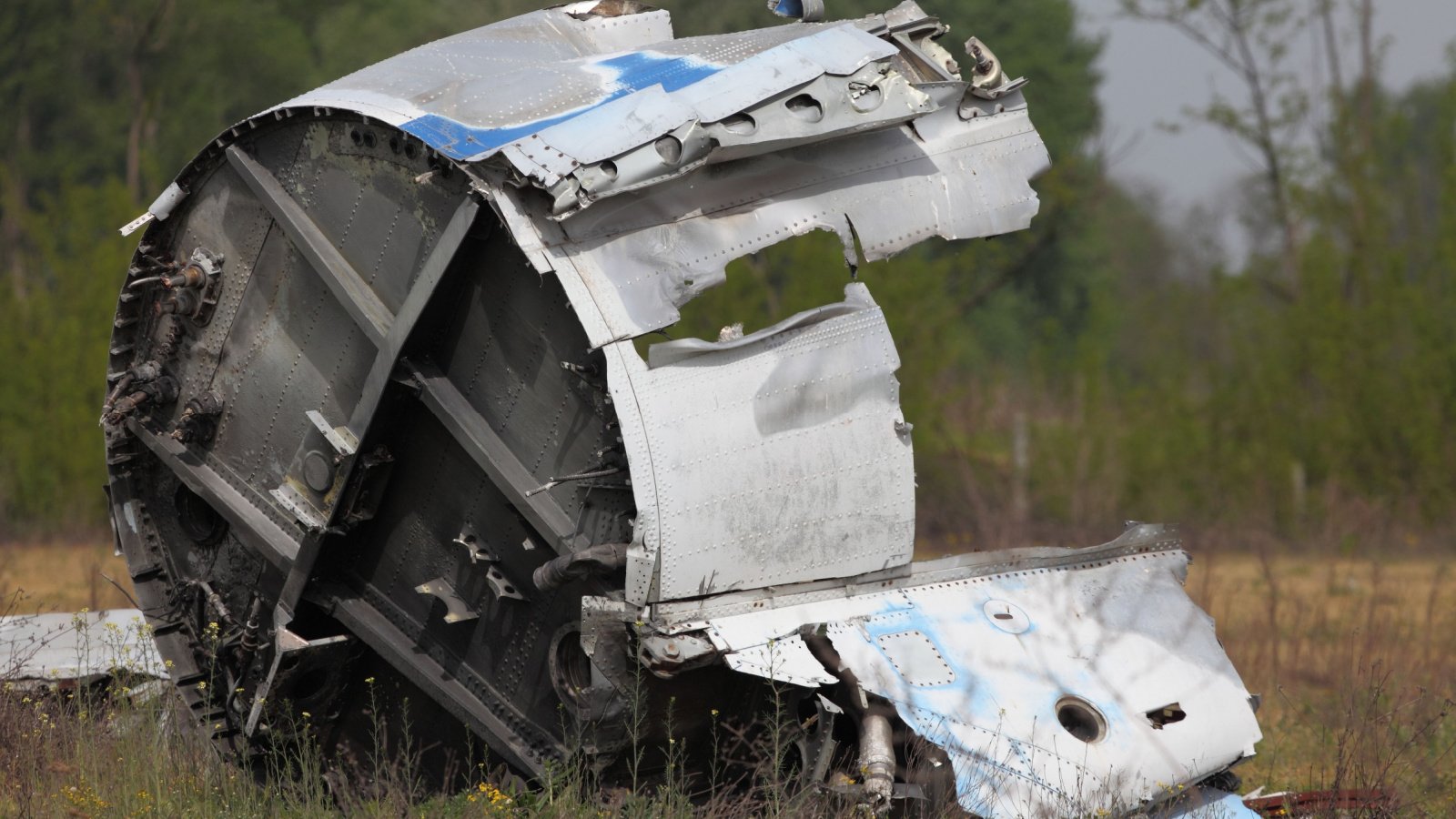
Blumenthal said, “For a while, some started to believe that Boeing might have changed. But then, this past January, the facade quite literally blew off the hollow shell that had been Boeing’s promises to the world. And once that chasm was exposed, we learned that there was virtually no bottom to the void that lay below.”
Senator Hawley’s Questioning
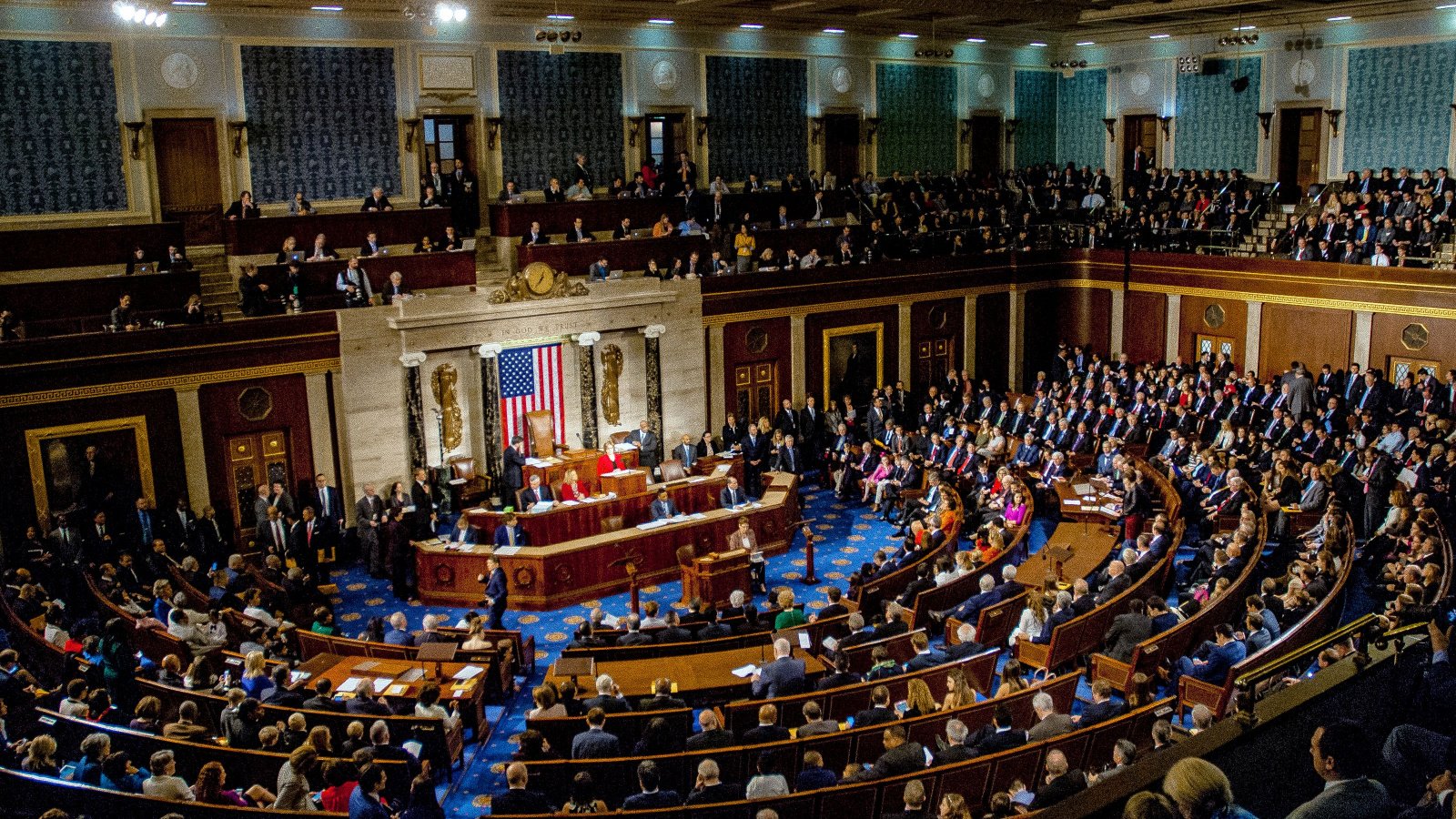
Another Senator, Republican Josh Hawley from Missouri, asked pointedly, “Why haven’t you resigned? Frankly sir, I think it’s a travesty that you’re still in your job.” Calhoun replied, “I’m sticking this through. I’m proud of every action we have taken.”
Hearing Drama
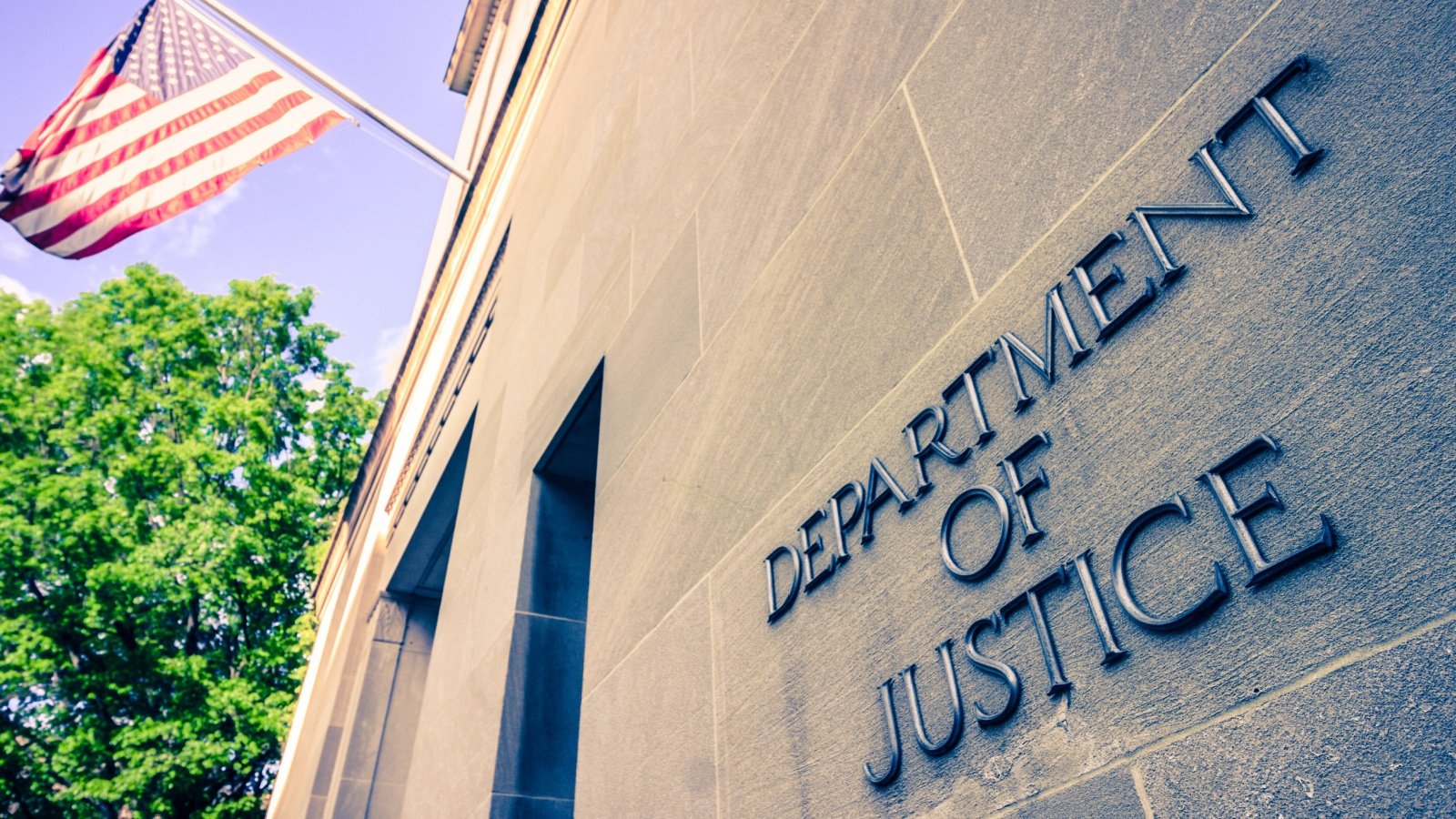
The entire hearing was as dramatic as any hearing in Congress ever was. There were the hundreds of families of crash victims present, as well as the relatives of Boeing whistleblower, John Barnett, who died in March due to suicide. Currently, the Department of Justice is considering whether to prosecute Boeing. The company is already undergoing congressional investigations and is being monitored for safety and quality improvements by the Federal Aviation Administration (FAA).
FAA’s Factory Inspection
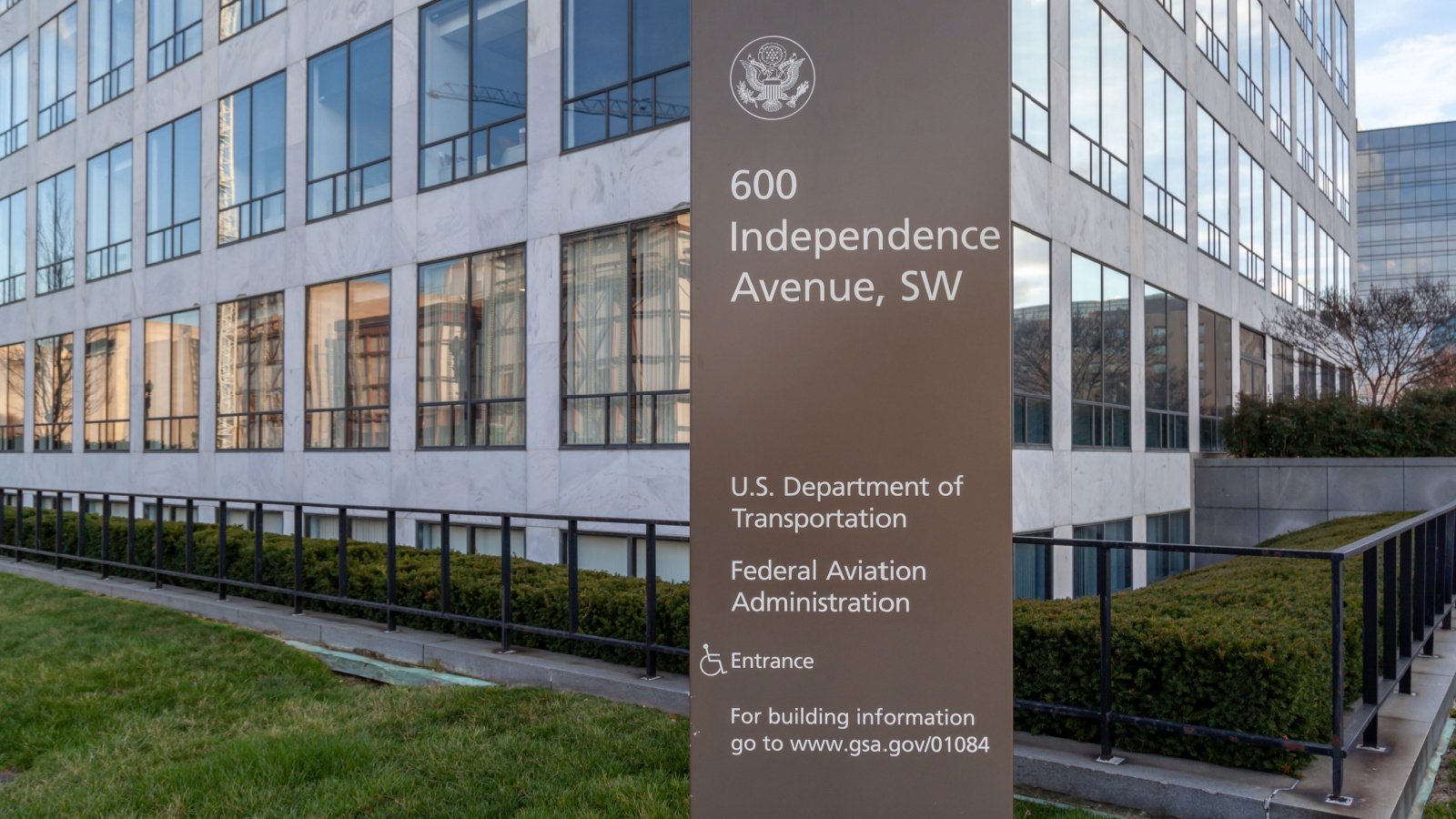
The FAA Administrator Mike Whitaker toured Boeing’s factory after a door plug was dislodged from an aircraft over Oregon in January 2024. Whitaker reported his finding that the company was focused on production over focusing on safety at the level of the factory floor.
Whistleblower Treatment

A main focus of this week’s hearing where Senators questioned Calhoun was the manner in which whistleblowers were treated at Boeing. Blumenthal brought up the case of Barnett, the recently deceased whistleblower who had worked for Boeing for 30 years in a plant where the 787 Dreamliner jet is made. According to Blumenthal’s telling, when Barnett raised concerns about missing parts, his supervisor called him incessantly on the phone and stated, “I’m going to push you until you break.”
Company Policy on Whistleblowers

Calhoun stated that Boeing has a company policy to protect whistleblowers and that he wants to hear from all employees, including bad news. He said, “I often, often, cite and reward the people who bring issues forward even if they have huge consequences on our company and our production levels.” He also stated that Boeing has “fired people and disciplined people” that were found to have retaliated against whistleblowers. He did not state how many had been fired or disciplined for such reasons.
Non-Conforming Parts Allegations
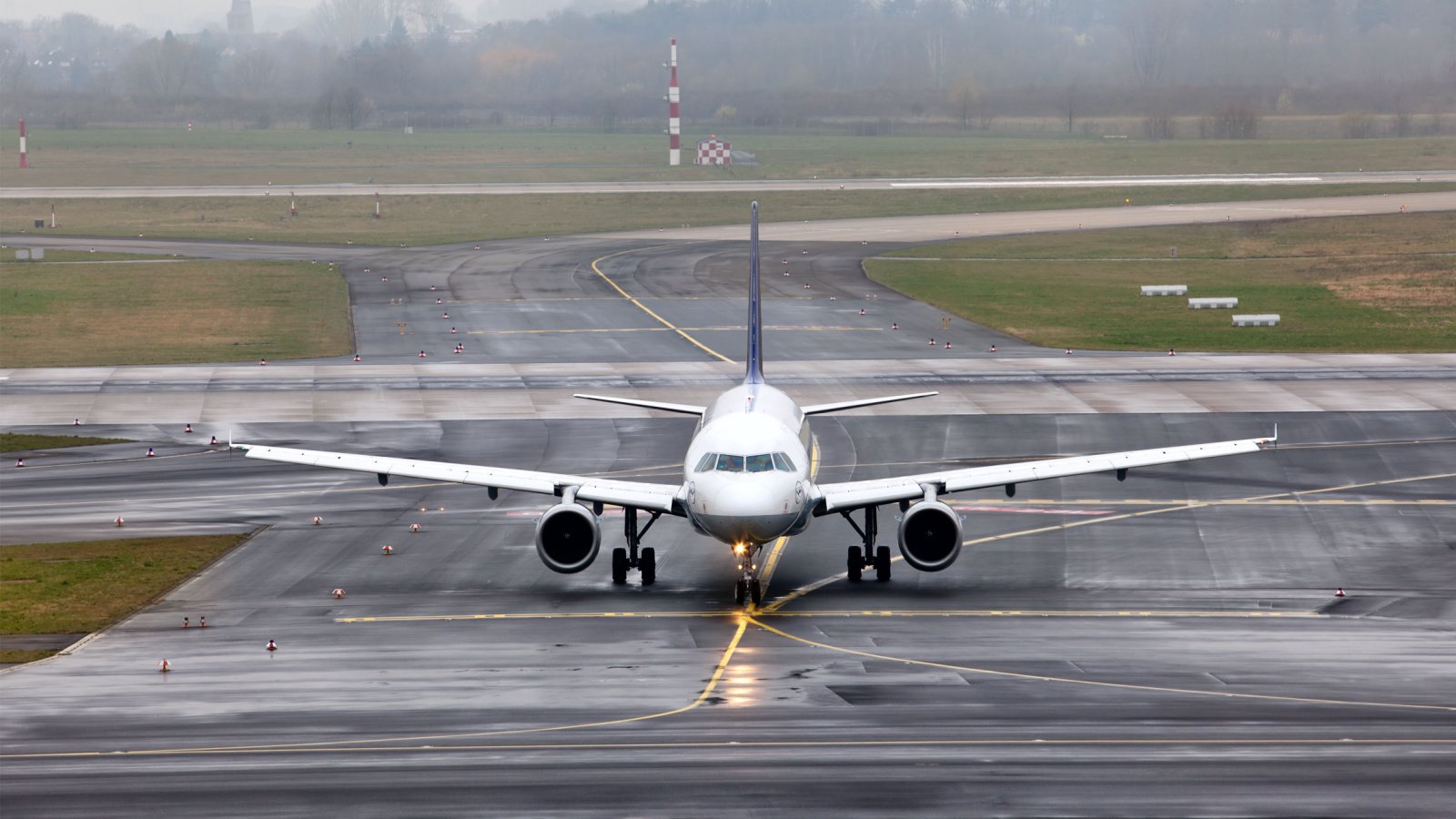
Blumenthal also brought up other reports from whistleblowers regarding claims that Boeing installs some “non-conforming” parts on aircraft, and that the company has attempted to diminish quality inspections. Specifically, the claim is that Boeing does not track, document, or store non-conforming parts properly. Additionally, according to Blumenthal, whistleblowers have stated that Boeing supervisors have told employees to downplay and hide the methods for handling non-conforming parts from FAA oversight.
Conclusion of the Hearing

The hearing this week did not come with an action item, except to display the displeasure of the committee and warn Boeing against not complying fully with the FAA or treating whistleblowers with careful consideration. The next step in holding Boeing accountable will be for the Senate Committee to hold a hearing to gather testimony from the airlines about the Boeing aircraft.



